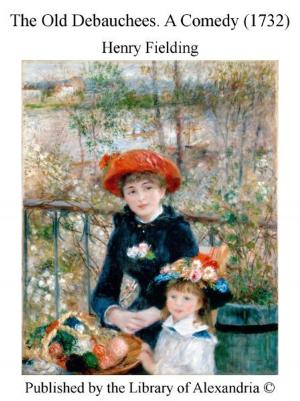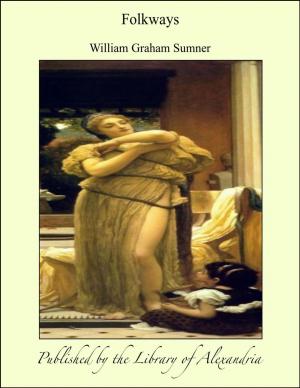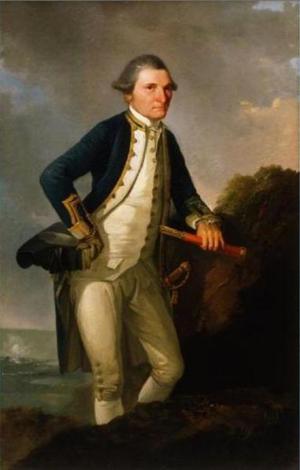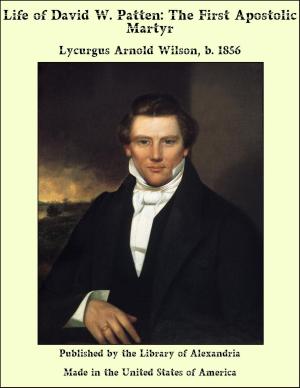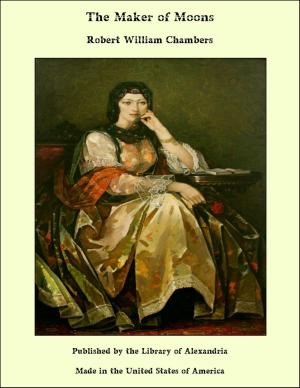| Author: | Edward Frederic Benson | ISBN: | 9781465619631 |
| Publisher: | Library of Alexandria | Publication: | March 8, 2015 |
| Imprint: | Language: | English |
| Author: | Edward Frederic Benson |
| ISBN: | 9781465619631 |
| Publisher: | Library of Alexandria |
| Publication: | March 8, 2015 |
| Imprint: | |
| Language: | English |
Mr Keeling had expected an edifying half-hour when Dr Inglis gave out as his text, ‘There shall be wailing and gnashing of teeth,’ and as the discourse proceeded, he felt that his anticipations were amply justified. Based on this unshakable foundation, and buttressed by other stalwart pronouncements, the doctrine of eternal damnation wore a very safe and solid aspect. It was the justice of it that appealed to Mr Keeling. Mankind had been warned in a perfectly unmistakable manner that if they persisted in certain courses of action and in certain inabilities to believe, they would be punished for ever and ever. That was fair, that was reasonable: rules were made to be obeyed. If you were truly sorry for having disobeyed them, a secondary principle, called mercy, came to the succour of the repentant. But Dr Inglis did not say so much about that. He was concerned with the inflexibility of his text. It is said that a man’s conduct is coloured and inspired by his religion, but it is equally true to say of another and more numerous class that their religion is coloured and inspired by their conduct. Certainly that was the case with Mr Keeling. His life did not so much spring out of his religion, as his religion out of his life; and what he felt every Sunday morning and evening in church was the fruit, the stern honey distilled, so to speak, from the mental and moral integrity which had pervaded him from Monday till Saturday inclusive. All the week the bees collected that store of provender which was transmuted into the frame of mind which was equivalent in him to religion. It did not in the smallest degree enter into his week-day life: his week-day life secreted it, and he found it very well expressed for him in the sermon of Dr Inglis and the fiercer of King David’s psalms. The uprightness, honesty, and industry which he demanded from himself he demanded also from others; but it was not his religion that inspired those excellent qualities. They inspired it. Mr Keeling sat at one end of the varnished pitch-pine pew with his children in a row between him and their mother at the other end. There were large schedules of commandments on either side of the plain, bare table (miscalled an altar), so that everybody could see what was expected of him, while Dr Inglis told them what they could expect if they were not very careful. Next his father sat John, who, from the unfortunate accident of his being the youngest, went last into the pew, while Mr Keeling stood like an angry shepherd in the aisle to herd his family into the fold, just above which rose the pulpit where Dr Inglis at this moment was speaking in a voice of icy conviction.
Mr Keeling had expected an edifying half-hour when Dr Inglis gave out as his text, ‘There shall be wailing and gnashing of teeth,’ and as the discourse proceeded, he felt that his anticipations were amply justified. Based on this unshakable foundation, and buttressed by other stalwart pronouncements, the doctrine of eternal damnation wore a very safe and solid aspect. It was the justice of it that appealed to Mr Keeling. Mankind had been warned in a perfectly unmistakable manner that if they persisted in certain courses of action and in certain inabilities to believe, they would be punished for ever and ever. That was fair, that was reasonable: rules were made to be obeyed. If you were truly sorry for having disobeyed them, a secondary principle, called mercy, came to the succour of the repentant. But Dr Inglis did not say so much about that. He was concerned with the inflexibility of his text. It is said that a man’s conduct is coloured and inspired by his religion, but it is equally true to say of another and more numerous class that their religion is coloured and inspired by their conduct. Certainly that was the case with Mr Keeling. His life did not so much spring out of his religion, as his religion out of his life; and what he felt every Sunday morning and evening in church was the fruit, the stern honey distilled, so to speak, from the mental and moral integrity which had pervaded him from Monday till Saturday inclusive. All the week the bees collected that store of provender which was transmuted into the frame of mind which was equivalent in him to religion. It did not in the smallest degree enter into his week-day life: his week-day life secreted it, and he found it very well expressed for him in the sermon of Dr Inglis and the fiercer of King David’s psalms. The uprightness, honesty, and industry which he demanded from himself he demanded also from others; but it was not his religion that inspired those excellent qualities. They inspired it. Mr Keeling sat at one end of the varnished pitch-pine pew with his children in a row between him and their mother at the other end. There were large schedules of commandments on either side of the plain, bare table (miscalled an altar), so that everybody could see what was expected of him, while Dr Inglis told them what they could expect if they were not very careful. Next his father sat John, who, from the unfortunate accident of his being the youngest, went last into the pew, while Mr Keeling stood like an angry shepherd in the aisle to herd his family into the fold, just above which rose the pulpit where Dr Inglis at this moment was speaking in a voice of icy conviction.


